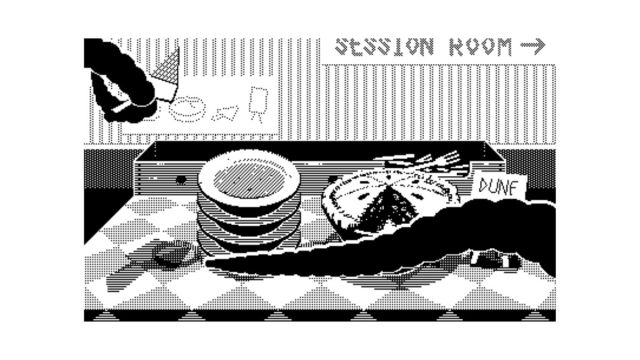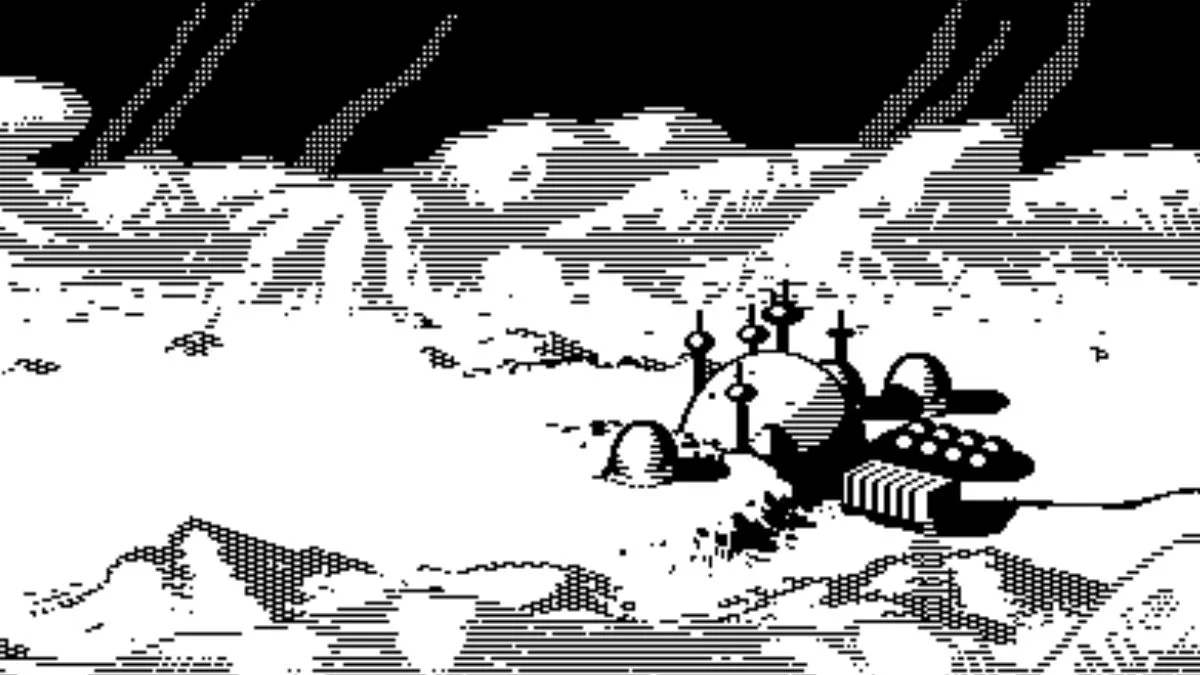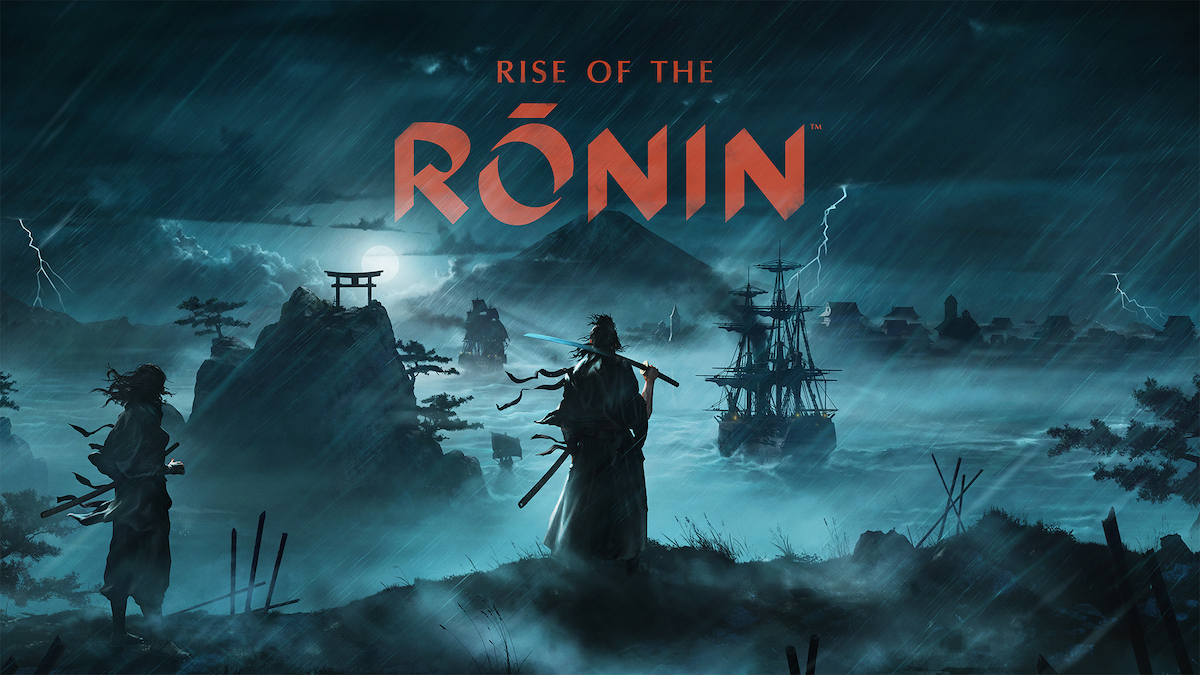Playdate creator Panic revealed that Lucas Pope, the developer behind Papers, Please and Return of the Obra Dinn, was making a game for the device early on in its lifecycle. After a couple of years of work, that gem, Mars After Midnight, is finally here, and it feels like an essential entry in the Playdate catalog.
Most, though not all, Playdate games take advantage of the system’s unique crank and control system. For me, a game just isn’t up to par without some sort of crank usage as they don’t make use of the platform’s defining trait — it doesn’t show me how the experience is better or more interesting on the little yellow machine. Mars After Midnight not only uses the crank in almost every area, but it does so in ways that are tactile; a natural signaling to the player without feeling shoehorned in.

Mars After Midnight (Playdate [Reviewed])
Developer: Lucas Pope
Publisher: Panic
Released: March 12, 2024 for Playdate
MSRP: $6
Sharing is caring
Mars After Midnight makes you a councilor on s Mars’ Off-Colony Settlement. Every night, after midnight, your sessions begin by opening the doors and only allowing those with whom you’re holding an appropriate discussion inside. For example, if you’re holding a meeting for cyclops anger management, you need to make sure you only allow cyclops patrons in that evening.
This sounds basic and that’s because it is. You’ve got a hatch to open and close as new potential attendees walk up from the street. You can move your eyes around to check for various body parts and ensure the citizens match the service you’re offering. The real challenge comes once those citizens enter the building.
You earn credits for every satisfied attendee, and attendees are satisfied by two things. First, by being at the right meeting, so someone with more than one eye won’t pay up if you let them into cyclops anger management. Second, each attendee needs a few refreshments, and it’s up to you to rearrange those refreshments once they’re done being absolute monsters about eating up their share.

This is what makes up the bulk of the gameplay, rearranging the refreshments on offer and ensuring that you always maintain a well-presented table for those arriving. To do this, you’ll use the D-pad and A and B buttons to stack and pick everything up before using the crank to clean the table. Then, you’ll need to place everything back on the table in the required order.
Failing to clean the table or place everything back perfectly results in fewer credits at the end of the session. These are essential for the future, though, since you must help almost 100 citizens in the settlement and have a limited budget within which to do so. Every session costs money to put on, plus the cost of the refreshments, and finally, any additional expenses such as advertising or specific gear to identify those you’re trying to help.
The game’s scope grows as you play. At first, you’re just helping one group of citizens. Then, you’re helping them, feeding them, and making them feel welcome. The final pullback to reveal the map of the colony is what hooked me, though. It makes the title feel like a strategy game because of all the individual working parts you’re mastering. It somehow manages to nail the idea of being a therapist running free sessions for a set community somewhere without it ever becoming boring.
If this all sounds a little bit stressful, it is. At least, it is in the moment. Setting up a session is the fun build-up to the frantic gameplay section. It’s checking potential attendees as if you’re some sort of nightclub bouncer that really had me sweating. One one session I ran for particularly gassy mutants, I had to listen for a fart every time I opened my hatch. The thing is, some of these mutants sound like they’re farting when they’re speaking. even though I thought I’d aced it and served all six mutants in the game with this issue, I’d actually only helped four.
That experience, and all the other times I failed, made for a fun narrative because I couldn’t help but wonder why these mutants wanted free refreshments and to sit around complaining about issues they don’t have. Then again, to be honest, we all like complaining a little, don’t we? I think that’s why this game feels so grounded despite its retro-futuristic visuals. It sells you on a task, and nothing really phases you because you’re more concerned about completing the said task than you are in the fictional world it takes place in.

As with the way Mars After Midnight nails what I assume it feels like to be a therapist running free sessions for a pre-determined local community in dire need of help, I think it also gives you the ability to provide some self-help. It’s so easy to get caught up in what you feel is important in life, be that work, education, or sitting down for hours at a time in the game-of-the-moment. This game is here for you when you need it, and it doesn’t ask much of you. I found myself reflecting on it after or before stressful conversations, and it honestly gave me the mental space I don’t think I’d have gotten otherwise.
New elements are slowly introduced over the course of Mars After Midnight, but it never feels overwhelming. In fact, the game is built to be enjoyed in small chunks. I worked through one session over the course of a day between childcare and work, but never felt the disjointedness some games inflict with lengthy time between checkpoints or loading. That’s the beauty of the Playdate, though. You can pause and pick up a game whenever you want.
If the game has one failing, it’s that it’s too short. However, I had to remind myself several times while playing it that this was a Playdate game. It’s not designed with the length of other portable titles in mind. It’s built for a fun little device and designed to offer an accessible counseling management experience in a sci-fi setting on Mars.
Where the game doesn’t let itself down is in the audio and visual design. Great care was taken to build a soundtrack that not only fits the Playdate, but it also this slightly grotesque yet cutesy monster counseling game. The mutants look like something right out of a ’90s TV show that children definitely shouldn’t be watching, and that vibe is felt throughout. Lucas Pope’s bizarre adventure is right at home on the little yellow machine and makes the most of every part of it. It’s an engrossing affair, perfect for small sessions that I guarantee you’ll be fitting around every spare moment of the day until you’re done with it.
[This review is based on a retail build of the game provided by the publisher.]





Published: Mar 26, 2024 03:24 pm